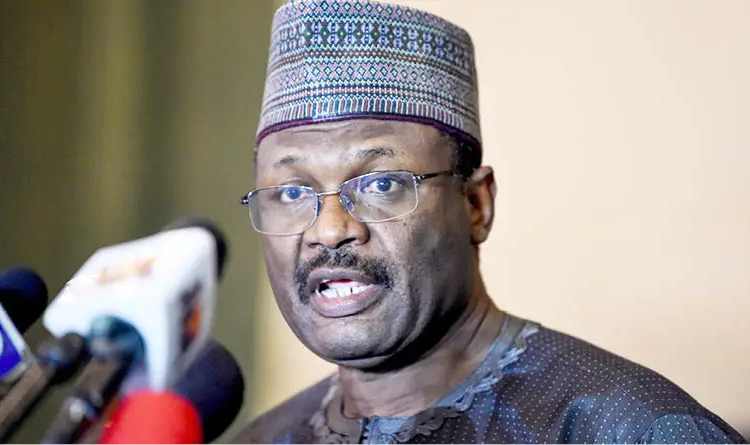The Independent National Electoral Commission (INEC) and Nigeria’s security agencies have reaffirmed their commitment to tackling vote buying and strengthening electoral security ahead of the 2025 and 2026 elections.
At the first regular meeting of the Inter-Agency Consultative Committee on Election Security in Abuja, INEC Chairman, Prof. Mahmood Yakubu, described vote buying as a significant threat to Nigeria’s electoral process. He noted that while arrests had been made in previous elections, more efforts were needed, especially as party primaries approached. He also stressed that electoral corruption extended beyond election day, as delegates were often bribed during party primaries to manipulate candidate selection.
Yakubu emphasised that combating vote buying required continuous collaboration between INEC and law enforcement agencies, particularly anti-graft bodies. He pointed out that their efforts had already led to the successful prosecution of some offenders in three states. He called on security agencies to remain vigilant, particularly with the upcoming Anambra State governorship primaries scheduled for next month and the Federal Capital Territory Area Council elections in June.
Beyond vote buying, the INEC Chairman highlighted the importance of ensuring smooth election logistics. He reflected on the last Ondo State governorship election, noting that better coordination in security and electoral deployments contributed to the early commencement of polls and a peaceful election despite the challenges of riverine areas. He urged similar preparedness for the Anambra State governorship election to ensure voters have a seamless election day experience.
The National Security Adviser, Nuhu Ribadu, also commended security agencies and INEC for their coordination during the Edo and Ondo State off-cycle governorship elections. Represented by the Director of Internal Security at the Office of the NSA, Hassan Abdullahi, he praised the improved cooperation among security agencies, which allowed for quick responses to potential disruptions. He also credited the use of technology, such as drones and enhanced surveillance systems, for strengthening election security.
Despite these successes, Ribadu expressed concern over the lower-than-expected voter turnout in both elections. He acknowledged that apart from minor cases of voter agitation due to delayed voting in some polling units, the elections were largely peaceful. He assured that lessons from those polls would be used to refine security strategies for upcoming elections, including the bye-elections in various parts of the country and the Anambra State governorship election scheduled for November 25, 2025.
INEC is preparing for key elections, including the Anambra State governorship election in November 2025 and the FCT Area Council elections in February 2026. Additionally, 16 bye-elections will be conducted across 12 states to fill vacant legislative seats at both the federal and state levels.

